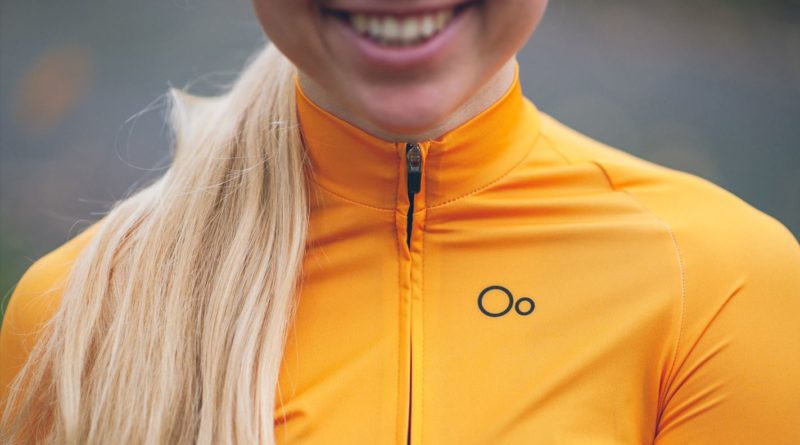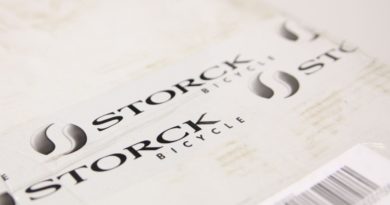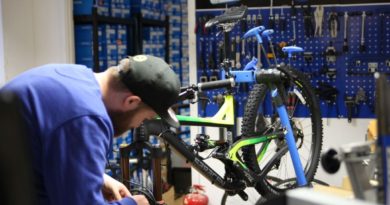Presca talks separating sustainability from greenwash
At Cycling Industry News we’re always keen to report on companies that really demonstrate their commitment to improving the environment. Presca Sportswear, based in Bristol, UK, might be a small brand, yet they are seen as one of the companies leading the way within the cycle clothing biz in terms of commitment to demonstrating their environmental accountability. Sean Meager checks in with the brand to hear its story…
As with many companies, Presca was born out of the founders’ inability to find a product that fitted all their needs. As keen athletes, with backgrounds in environmental science, Rob Webbon and Guy Whitby, wanted to buy and use sportswear that met their ideals around sustainability but didn’t compromise on performance.
In 2015, Presca was formed and has been steadily growing ever since. From the outset, the company has been environmentally minded. Rob and Guy actively sought out the mills producing the material for their clothing and requested a more sustainable fabric. Since then, they have continued to improve on their processes and clothing, and are on their way to becoming B Corp certified.
 We spoke with Lily Rice, who was appointed Creative Director at Presca last year, to find out more about what Presca are doing to limit their impact on the environment and the challenges this entails. Lily brought with her to the role, experience with big fashion brands like Nike, Umbro, and MAS, as well as having launched her own much lauded athleisure brand.
We spoke with Lily Rice, who was appointed Creative Director at Presca last year, to find out more about what Presca are doing to limit their impact on the environment and the challenges this entails. Lily brought with her to the role, experience with big fashion brands like Nike, Umbro, and MAS, as well as having launched her own much lauded athleisure brand.
For those interested, Presca distributes its running and cycling clothing both direct-to-consumer and through retailers. If you would like to speak with someone about an account, you can email here.
Climate Positivity Over Sustainability
Although what we commonly refer to as ‘sustainability’ is at the heart of what Presca does, Lily tells us, “Now we try not to use the word sustainable. We do occasionally use it in our comms on the website, but we try to avoid it on the retail side. The reason is sustainability isn’t monitored. There’s no one saying what qualifies as a sustainable collection. Within the clothing industry there’s a lot of companies that participate in greenwashing and it makes it really difficult for consumers to know what’s honestly sustainable.” Greenwashing within cycling is a challenge we’ve discussed before, and is something that affects cycling from the outside in, through the likes of the British Cycling–Shell Partnership announced last year.
Instead, at Presca, they prefer the term ‘climate positive’—indeed, founder Rob, is not only CEO but Head of Climate Positivity. Lily explains, “Sustainability isn’t just about using recycled materials in one product in one collection. It needs to be a holistic approach, where everything is in sync. You need to do the right things across the board.”
Indeed, the vast majority of companies fail to record their carbon emissions accurately, if at all. In a survey, the Boston Consulting Group, a management consultancy firm, found around 90% of companies surveyed had failed to accurately record their carbon emissions. The key issue is that companies are only reporting scope one and two emissions (these are the companies direct, internal emissions) and not scope three (which includes their full supply chains).
At Presca, doing ‘the right thing across the board,’ “Essentially means when we make the garments, we use an offsetting scheme to plant trees. But there’s a lot more than that. All our garments are made from either recycled or deadstock fabric. They’re all made in either Europe or the UK. The European factory is sustainably powered, and the team make sure they meet our ethical standard. We’ve visited the UK factory, and ensured that the EU one is up to regs and standards in terms of human rights and pay.”
It’s quite easy to corroborate that Presca do indeed walk the walk and we asked an expert in area of environment and social governance investment to do just that. While significantly more time would be needed for a thorough due diligence they were pleased to see that there was data available to all detailing emissions tracking (scope 1–3), there is a clear and simple code of conduct for suppliers, and that all suppliers are based in Europe.
Tackling Clothing Waste
Fast-fashion and clothing waste is an ever-growing problem. In 2017, according to WRAP, 337,000 tonnes of clothing was disposed of. Of course, much of this is from the big fast-fashion brands but cycling is no less guilty of producing clothing that doesn’t last and brands often needlessly update ranges to ensure newness. Lily explains, “[At Presca] we try to design the best products we can for the longest use possible. So that you buy once, you buy well, and you keep it. Then you’re negating that manufacturing process each time you buy a new garment.”
In addition to this, Presca also offers a repair scheme (including replacing the pads of bib shorts) and will takeback products from their customers.
As we’ve reported, the EU’s Extended Producer Responsibility (EPR) legislation will make manufacturers more accountable for their products through their lifecycle, which is something that will affect all manufacturers eventually.
Presca are a step ahead, and already accept “responsibility for owning a garment for its entire life,” says Lily, “Once [we receive the product] we will try to either repair it, or we’ll hold onto it for another reason. For example, we are involved in trials to recycle our products.”
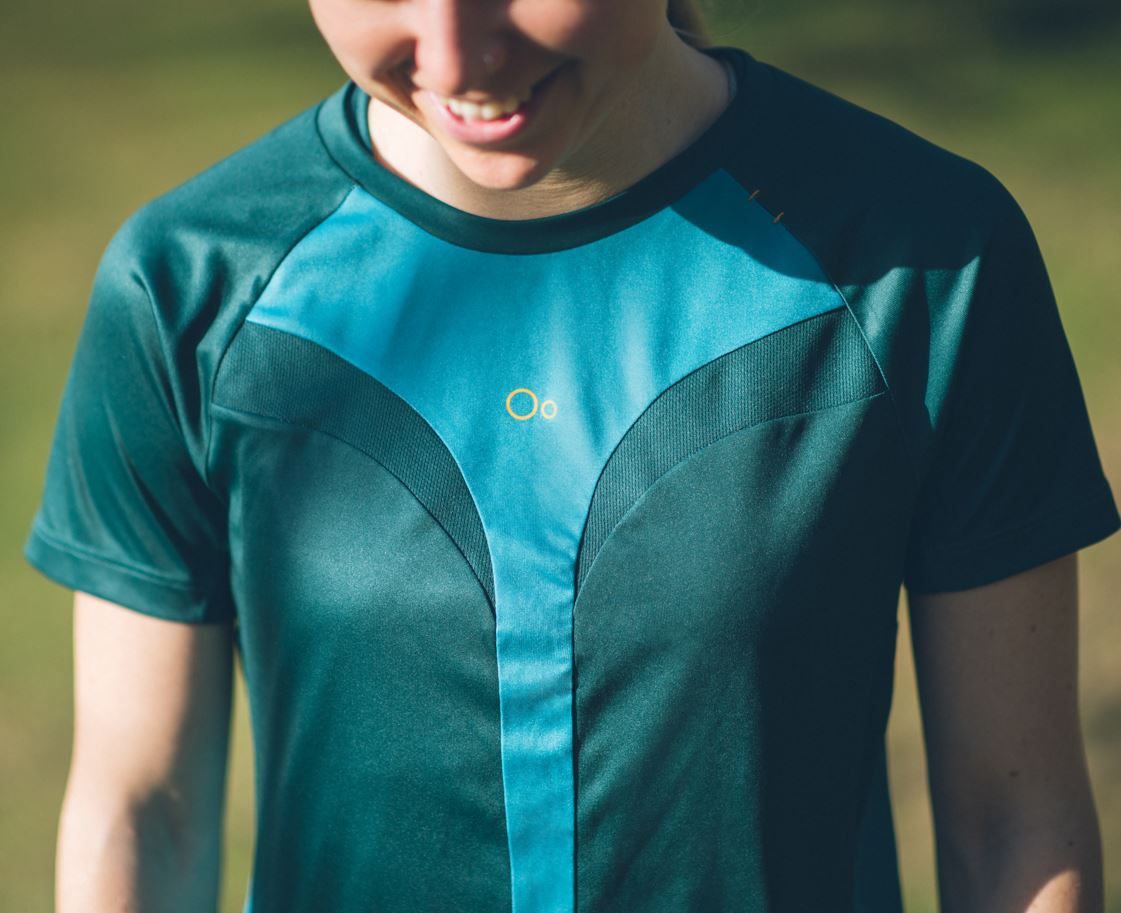 The Challenge of Doing Good
The Challenge of Doing Good
One of the biggest challenges for green-minded cycling clothing makers is elastane. It’s heavily used for its stretch but “it is a constant problem,” says Lily, “that’s something we’re trying to tackle. We try to use as little elastane as we can but still maintain performance. But that can be a challenge.” According to the Fiber Journal, as little as 1% of elastane in an otherwise cotton t-shirt can render it unrecyclable.
One of the PR challenges faced by brands making claims of holding themselves to a higher standard is they open themselves up to being criticised when they fall short, even though there are brands that have made little or no effort. When Trek released their sustainability report, while widely seen as a positive step, it opened Trek up to comments that it was insufficient; while other bike makers have produced nothing, yet escape any criticism. For example, Giant has almost nothing publicly available on its websites relating to sustainability.
Another challenge is in the packaging. Bags that are supposed to decompose have been shown to not really do that; a lesson Presca had to learn. Lily recalls, “We switched our plastic bags to a compostable material but then we were contacted by a recycling expert and they told us that’s not as good as you think it is. The reason being we can do everything we can but ultimately, it’s up to the end user what happens to that bag and not everyone has a compost caddy to dispose of it in. So, we were told that a recycled plastic bag is actually better since so many of the supermarkets now will recycle them.”
At Presca, Lily says, “When you’re a small brand trying to do the right thing it can present barriers and challenges to you the bigger brands don’t face. It can be a bit frustrating when we work for a really long time with the mills and manufacturers to make sure we tick the right boxes, we’re doing it right, and not cutting corners, when it would be easier not to. Then one of the bigger brands launches a ‘sustainable collection’, which is just a few products but consumers know them and they trust them.”
There are signs it will become more difficult for brands to engage in ‘greenwashing’. In 2021, the Competition and Markets Authority (CMA) “put companies on notice” regarding their green claims and greenwashing and published the Green Claims Code; even coming down on electric scooters claiming to be environmentally friendly.
“Certainly, one of our biggest challenges,” says Lily, “is around communications and educating consumers. I think the worst thing you can do as a retailer is to sell something to a consumer who finds out later it’s not as they were told, because that ruins the trust. The most important thing we can do is be knowledgeable on the subject.”
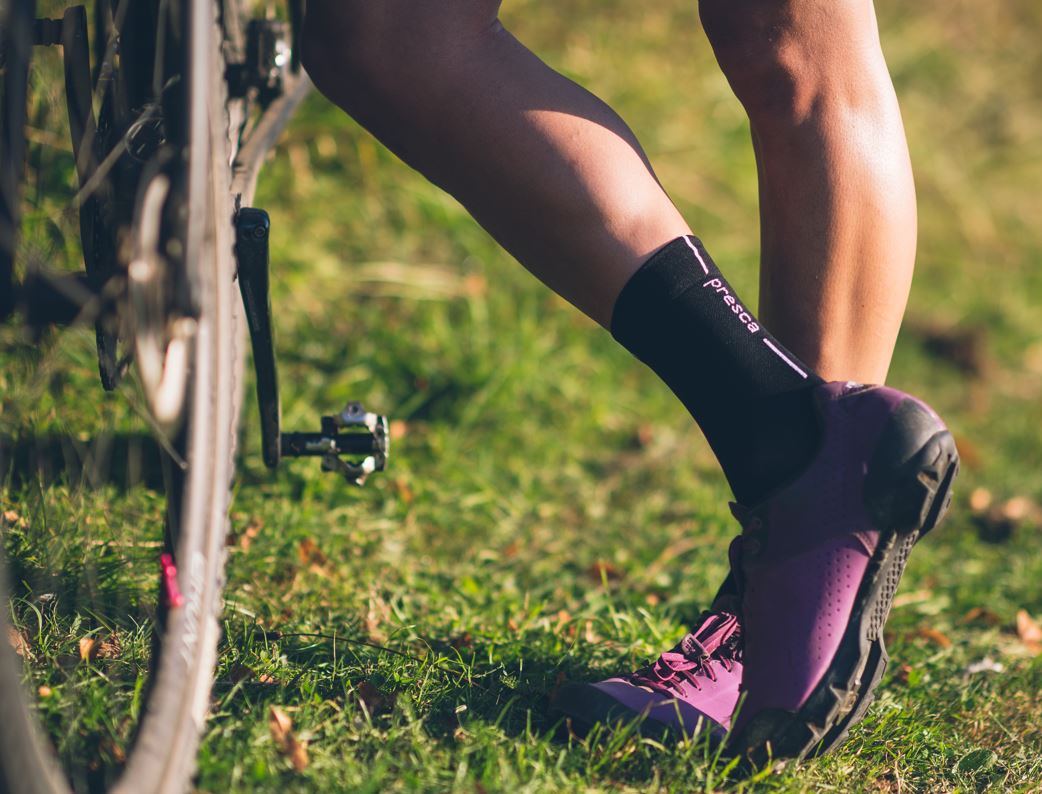 A Sustainable Future
A Sustainable Future
“Even a customer not actively seeking sustainable clothing will make a better choice given similar products at a similar price point. That’s just the way the market’s heading,” suggests Lily.
Lily has some advice for companies, both producers and retailers, not yet doing as much as they could be: “For retailers, we’d say it’s better to start working with these brands now. It’s really hard to retrofit authenticity. The bigger brands that haven’t sorted their supply chains out from the start will find it difficult to go back and do it. From the start we always knew we had to find a supplier that met the right standard, but not only from a sustainability perspective but an ethical and capability perspective. They need to have the right skills to make the clothing as well. One of the benefits of using European and UK based manufacturers is that it’s really easy for us to go to them and have a look around. If you’re working in East Asia, it is possible but it’s more difficult to go and visit these countries. Also, even if you do go and do a factory visit as a big brand, from experience, you do get shown what the factory wants you to see.”
New Collection
We speak to Lily the day before the release of their latest range, the Perspective Collection, which launched January 2023. “One of my biggest bug bears at the moment, and something we try to avoid, is the constant churn out of new clothing that is just new a colourway or slightly updated version of a previous model. We have a bit of a slower cycle of products, which gives us a bit more time to ensure that they’re meeting our sustainability and ethical standards.”
“[For our latest collection] we took a really broad range of views from our customers on what they like and what they don’t like in cycling products. Not just on our own stuff but our competitors’ too. All of the range is made from recycled fabrics and in our EU factories. We try to build our brand as a community so that everyone is welcome. Whether you’re for the environmental aspect or just like the clothing. Because we’re quite small, a lot of our customers can feel like they’re a part of the decision-making process. We ask them questions and they can get involved that way.”
The range includes men’s and women’s items across the spectrum of cycling garments, including bib shorts, tights, gilets, and arm and leg warmers. Lily tells us, “a lot of thought has gone into crafting them and thinking about them from a cyclists’ perspective. There’s lots of pockets everywhere—people are obsessed with pockets.”
In the pipeline, “We’re looking at developing products that make it easier for women to go to the toilet while in their bib shorts, how to make bib shorts last as long as possible. What we really want to do is develop a bib-short where the pad is interchangeable. As long as you’re using good quality material, it should be the pad which is the first thing to go.
“We do say that we aren’t perfect. We’re a small team of people that want to do better. We all love what we do, and we’re super passionate. But we do make mistakes and we know there are things we’ll need to learn. But ultimately, I’d rather be on the team that’s trying to do the right thing and have people expect you to behave at higher standard, than a big corporation that’s OK to do the bare minimum.”
For more information about working with Presca you can email here.
